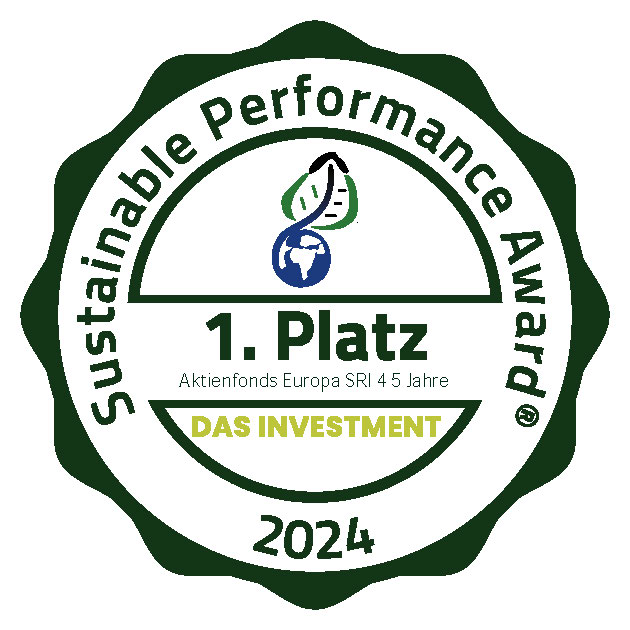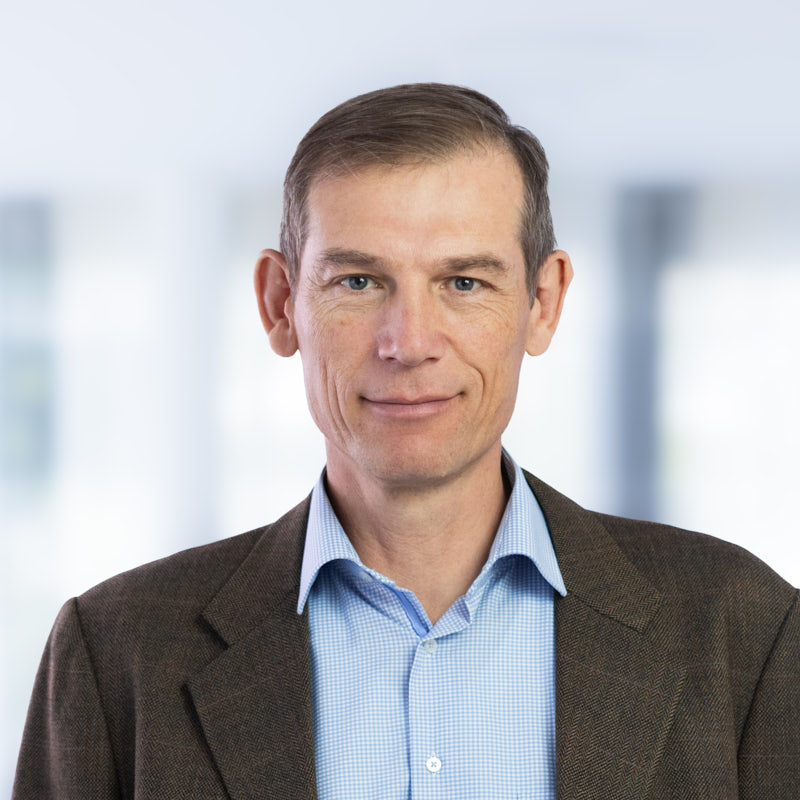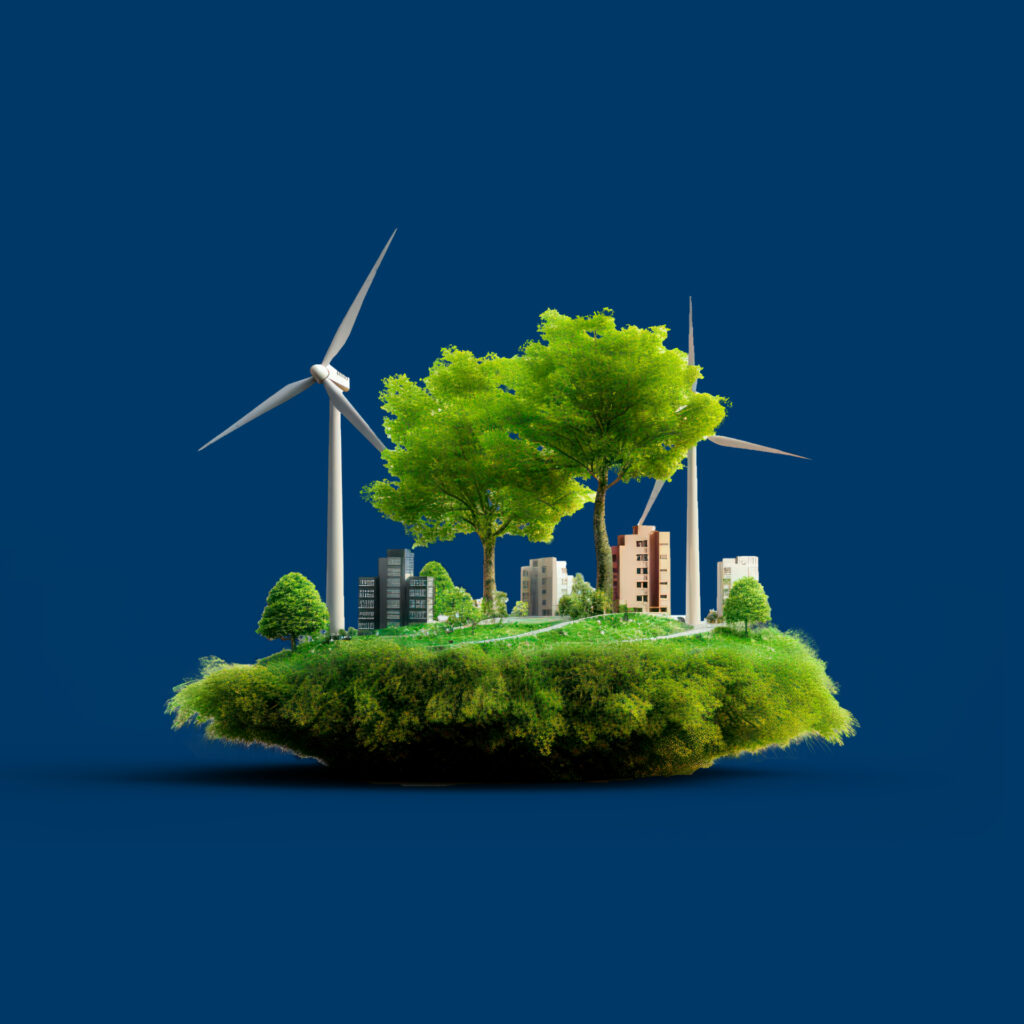Andres Gujan explains the significant impact of these investments:
“The capital market is essential. Massive investments in improving energy and resource efficiency are needed to steer the world toward a CO₂-neutral circular economy. On a corporate level, these investments are crucial for maintaining competitiveness and enhancing sustainability. At Carnot Capital, we have the expertise to assess the impact of individual products and technologies.”
1. Energy Savings
Energy savings are a key aspect when evaluating the impact of energy efficiency measures. The amount of energy saved is typically measured in kilowatt-hours (kWh). Another important indicator is the percentage reduction in energy consumption compared to industry standards. These figures provide insight into the effectiveness of the measures.
2. Cost Savings
Financial savings in energy consumption are a major incentive for energy efficiency measures. The return on investment (ROI) is a key indicator here, measuring the return as the ratio of energy cost savings to the investment cost of the measure. The ROI indicates how quickly the investment pays off.
3. CO₂ Emissions
Reducing CO₂ emissions is another critical driver of energy efficiency measures. CO₂ savings are essential due to legal requirements, customer expectations, or corporate sustainability strategies. The carbon footprint of products—especially electric vehicles—is gaining importance. The footprint reflects the total greenhouse gas emissions generated throughout a product’s lifecycle. Reducing this footprint is crucial for advancing climate change mitigation efforts.
4. Resource Efficiency
Resource efficiency focuses on the sustainable use of natural resources such as water, energy, agricultural land, food, or metals. The goal is to reduce consumption and minimize waste. This is essential to ensure long-term resource availability and prevent severe environmental damage to natural ecosystems. Key indicators include the amount of materials saved and waste reduction through more efficient use and recycling of materials.
5. Productivity Improvements
Productivity improvements are a significant benefit of energy efficiency measures. Metrics such as output per unit of energy used and production process optimizations—leading to lower operating costs and increased efficiency—are essential. These enhancements help boost competitiveness and streamline business operations.
6. Social and Economic Indicators
Investments in energy and resource efficiency also bring social and economic benefits. They create jobs and improve working conditions through sustainable transformations. Key indicators include the number of jobs created or maintained and improvements in working conditions and public health due to reduced pollution and safer technologies. These measures contribute to social and economic development while enhancing quality of life.
7. Long-Term Sustainability
Long-term sustainability is a core objective of energy and resource efficiency initiatives. Detailed sustainability reports that document the long-term impact of investments on the environment, society, and the economy are essential tools. Compliance with sustainability standards and obtaining certifications are further indicators of long-term sustainability.
8. Monitoring and Evaluation
Continuous monitoring and evaluation are crucial for the success of energy efficiency measures. The use of energy management systems and other technologies for real-time tracking and analysis of energy and resource use enables ongoing assessment and optimization. Benchmarking—comparing efficiency measures with industry standards or best practices—helps identify progress and potential improvements.
“By combining these methods and indicators, companies and investors can comprehensively evaluate and continuously improve the impact of their investments in energy and resource efficiency. These measures not only contribute to cost and emission reductions but also promote sustainable and future-oriented development.”
Andres Gujan, Founder of Carnot Capital & Portfolio Manager
Andres Gujan, March 3, 2025


